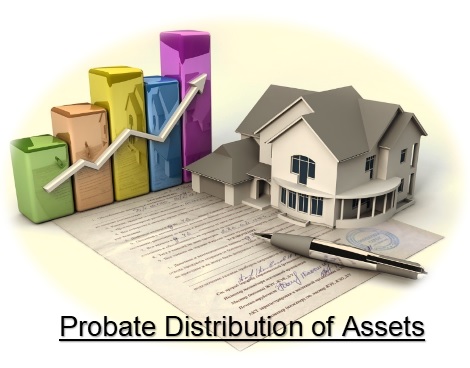 When a person dies intestate (without a will), statutory law determines how that person’s estate will be distributed. Essentially, the assets are divided according to who is that person’s next of kin. Once necessary funeral expenses, estate administration costs, debts, and taxes of the decedent and estate are paid (i.e. final income taxes (IRS 1040), estate income taxes (IRS 1041), and if necessary, estate tax (Federal/NYS), the assets of the estate are distributed according to the laws of intestacy.
When a person dies intestate (without a will), statutory law determines how that person’s estate will be distributed. Essentially, the assets are divided according to who is that person’s next of kin. Once necessary funeral expenses, estate administration costs, debts, and taxes of the decedent and estate are paid (i.e. final income taxes (IRS 1040), estate income taxes (IRS 1041), and if necessary, estate tax (Federal/NYS), the assets of the estate are distributed according to the laws of intestacy.
If a person dies and surviving heirs include a spouse and two (2) children, the spouse receives the first $50,000.00 of the estate, plus half of the net estate (in addition to certain other exempt property). The children equally divide the remaining half. Different permutations come into play if there is no surviving spouse, or if the next of kin are more distant relatives such as siblings, aunts/uncles, or first cousins.
The fiduciary of the estate will present an informal accounting to each beneficiary which sets forth their net share after accounting for aforementioned taxes, administration costs, and debts of the estate. These costs are apportioned depending upon each beneficiary’s respective share. Along with the informal accounting as a form known as a Receipt, Release, and Waiver. Essentially, this form states that the intestate share for the beneficiary is the correct amount, and that they agree with the accounting. They further agree to hold the fiduciary (i.e. administrator) harmless for any further liability. Once documents are signed and notarized, they are sent to the fiduciary or their counsel, and payment of the beneficiary’s share is made.
Clearly, if there are any inconsistencies with the accounting, or if further clarification is needed, you should contact the fiduciary or their counsel. If agreement is not reached, then the fiduciary and commence a proceeding to judicially settle the estate accounting, or the beneficiary can file a petition to compel an accounting. This process is more time consuming and costly than an informal accounting as referenced above, but on occasion estate litigation is a necessity.
If you need an experienced Long Island estate administration and litigation attorney, please contact attorney Michael W. Alpert at (516) 280-7288 or malpert@alperlegal.com.